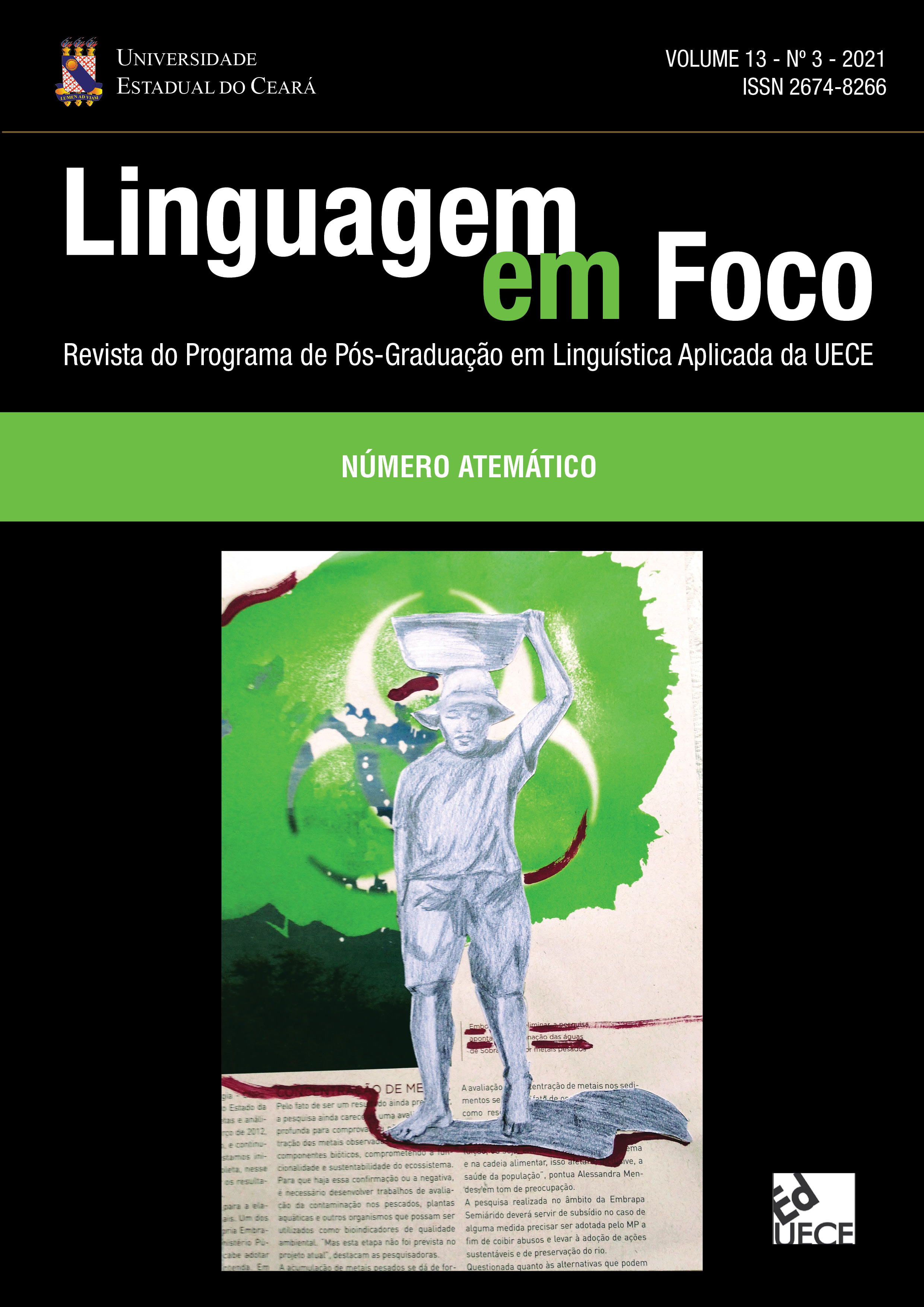Self-confrontation and teacher education
Dialogues and contributions
DOI:
https://doi.org/10.46230/2674-8266-13-6787Keywords:
Self-confrontation , Work analysis, Teacher educationAbstract
This interview, granted by the linguist and work analyst Daniel Faïta, aimed to generate a dialogue about the use of the theoretical and methodological framework of self-confrontation in recent research on teacher education. The discussion starts from studies and interventions carried out in France, within the scope of work analysis, which gave rise to the mentioned framework in the late 1980s (FAÏTA, 1989). The self-confrontational process, strongly based on Bakhtinian dialogism and intended, according to Clot and Faïta (2000), to create favorable conditions for the analysis and transformation of professional activity - as we found in the interview - has contributed to raise a dialogic-interactive movement that leads the subjects involved in the process to understand the teacher's work and, consequently, to collaborate for an improvement in the field of teacher education.
Downloads
References
Referências em nota de rodapé por se tratar de entrevista.
Published
How to Cite
Issue
Section
License
Copyright (c) 2021 Daniel Faïta , Elisandra Maria Magalhães; Aline Leontina Gonçalves Farias, Rozania Maria Alves de Moraes

This work is licensed under a Creative Commons Attribution 4.0 International License.
Authors who publish in Linguagem em Foco Scientific Journal agree to the following terms:
- Authors retain the copyright and grant the journal the right of first publication. The articles are simultaneously licensed under the Creative Commons Attribution License which allows sharing the work with an acknowledgement of its authorship and initial publication in this journal.
- The concepts issued in signed articles are the absolute and exclusive responsibility of their authors. Therefore, we request a Statement of Copyright, which must be submitted with the manuscript as a Supplementary Document.
- Authors are authorized to make the version of the text published in Linguagem em Foco Scientific Journal available in institutional repositories or other academic work distribution platforms (ex. ResearchGate, Academia.edu).





























